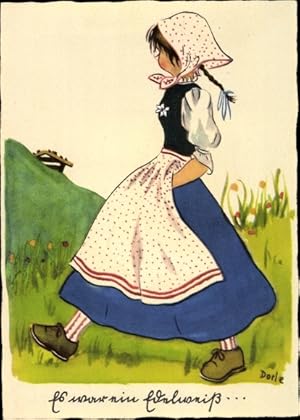
Madison, Wis.: Max Kade Institute for German-American Studies, 2006, pp. Heike Bungert, Cora Lee Kluge, and Robert C.

“Before Cross Plains: The Immigrants from Cologne Bay.” Wisconsin German Land and Life. Jahrhunderts (Europaeische Hochschulschriften, Reihe I: Deutsche Sprache und Literatur, 1221) Frankfurt am Main: Peter Lang, 1991,” German Studies Review, 1993, pp. Amerika ist anders: Studien zum Amerika-Bild in deutschen Reiseberichten des 20. A brief introduction covering the history of the people both in Europe and America will be followed by the main body of material covering the attitudes of the group as revealed by the activities of the older as well as the younger people in regard to such topics as private property, education, marriage and family life, amusements and recreation, State and community, church and religion, superstitions, and others that may suggest themselves in the course of the study.”įrisians/ Assimilation/ Research/ Immigrants, German/ Language, German (US) - Dialects/ Low German dialect/ Ethnic identity/ Attitudes/ Social life and customs. The purpose of the study is to analyze the process of assimilation through noting (1) the attitudes of the older generation (2) the attitudes of the later generations (3) the changes that have taken place in attitudes and customs (4) some of the factors involved in the changes. Not only are they American born, but they know but little of the traditions and the land of their fathers. The second and third generations are now occupying the land. 123 pp.Ībstract: “The Eastfriesian people have made a notable contribution to the development of the Middle West. “The Eastfriesians in the United States: A Study in the Process of Assimilation.” University of Iowa, 1930. They also includes additional online resources related to German Americana. These pages contain information on pamphlets, journals and journal articles, book chapters, and more from the Library and Archives of the Max Kade Institute.

Please note: In the majority of bibliographic records, MKI has not used umlauts. Use your browser’s Find function to search the pages! In my opinion, this has not so much to do with the government but with a generation of soldiers who prefer Hip-Hop to old Folk songs.~These pages are currently under construction~ I don't know what has changed since then, but I guess that the order "Ein Lied!" has become nearly distinct in most units.

Anyway, I'm in the possession of "Kameraden singt!", the "Liederbuch der Bundeswehr" from 1991. I didn't sing a single time during my Dienstzeit, and I can't say that I missed it. As for the Soldatenlieder that hat no political text, they are often considered to be too sentimental or schmalzig by the young soldiers of today. As many texts were militaristic, aggressive and offending to other nations, they are not played officially anymore, although some people in the Marine or the Fallschirmjäger may still sing songs that are not PC. They were mostly from the times of the Kaiserreich or the Third Reich. A Soldatenlied is a song with a text that could be sung both on the march and at the campfire, usually by the soldiers themselves.

As I said, with the exception of Hitlers favorite, the Badenweiler, they are as frequently played as ever. The Bundeswehr continue to perform traditional German Military marches.īut must exclude those related to Hitler's reign, or any percieved reference to it.Ī march is a marching tune without text to be performed by a Musikkorps. They obliged by giving a great rendition of U-Boote am Fiend to the applause of the customers and staff. In a popular, city-centre pub, sailors from the ship were encouraged to sing a German song. I recall, four years ago, a German warship visited Scotland. They continue to rehearse the military marches of the past, perhaps though, not in view of their political masters in Germany. The men of the Bundeswehr have not forgotten their forefathers. Even the non-political march 'Panzerlied' was subject to scrutiny, as it could be conceived as 'aggressive'. It was then frowned upon by certain German politicians, under pressure from a pacifist lobby in the German parliament. To my knowledge the Bundeswehr were marching to the tunes of traditional German Military compositions, and also to marches composed post World War One, up to 1998-99.


 0 kommentar(er)
0 kommentar(er)
